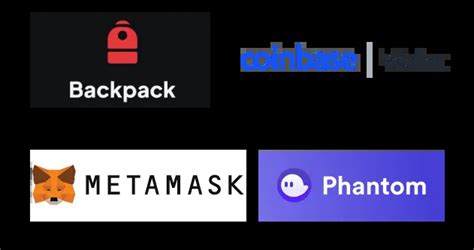Bitcoin: Xpub used to create vendor addresses, btc not visible in wallet. How do you choose the required derivation path?
The Dark Side of Xpub: Why Your Bitcoin Wallet May Not See BTC
As a seasoned cryptocurrency user, you’re probably familiar with the quirks and complexities of managing your digital assets. One quirk that has confused many users is the phenomenon where Bitcoin (BTC) addresses generated using the Xpub derivation path are not recognized by their corresponding wallets. This article will explore the reasons behind this issue and provide guidance on how to choose a suitable derivation path for your wallet.
What is Xpub?
Xpub, also known as XPrivate or Private Key 1 (XpK), is a type of Bitcoin address derived from an X11 private key. It is called “Xpub” because it uses a different syntax and format than traditional Bitcoin addresses, which are generated using the X12 public key.
Why doesn’t my wallet see BTC?
There are several reasons why your wallet may not recognize BTC addresses generated using Xpub:
- Wallet settings: Your wallet configuration may be set to ignore or block certain types of keys, including those derived from Xpub.
- Key storage: The key used to generate the Xpub address may not be securely stored in your wallet.
- Key management
: If you have multiple wallets with different security settings, it’s possible that the correct one is not being used.
Choosing the appropriate derivation path
To resolve this issue, it’s essential to understand the differences between the different derivation paths and choose the one that best suits your specific needs. Here are some factors to consider:
- Security: If you prioritize security, use P2PKH (hierarchical private key) or SPK (self-signed key) derivatives that provide greater protection against key compromise.
- User benefit

: Consider using the X12 (Xpub) derivation path if you prefer a clearer address syntax.
- Wallet compatibility: Check if your wallet supports the specific derivation path used by your Bitcoin client or software.
Common execution paths and their characteristics
Here is a quick summary of some popular derivation paths:
- Xpub (X12): Uses the X11 public key; easy to use, but may not be supported by all wallets.
- P2PKH (Hierarchical Private Key): More secure than Xpub, but requires multiple keys for each address; suitable for large-scale applications or decentralized finance (DeFi) projects.
- SPK (Self-Signing Key): Provides higher security than P2PKH; only used by wallets that support self-signing.
Recommendations
Based on the above considerations, here are some recommendations:
- If you are new to Xpub addresses, consider using the SPK derivation path for added security and convenience.
- If you need a clearer address syntax, use P2PKH or X12 (Xpub).
- Make sure your wallet supports your chosen execution path.
Conclusion
Bitcoin’s unique address format can be challenging to work with, especially when it comes to choosing the right execution path for your wallet. By understanding the basics and factors that influence wallet behavior, you will be better equipped to navigate this complex world of cryptocurrency management. Remember to prioritize security, convenience, and compatibility when choosing a derivation path, and don’t hesitate to reach out to us if you have any additional questions or concerns.

Leave a Reply
Want to join the discussion?Feel free to contribute!